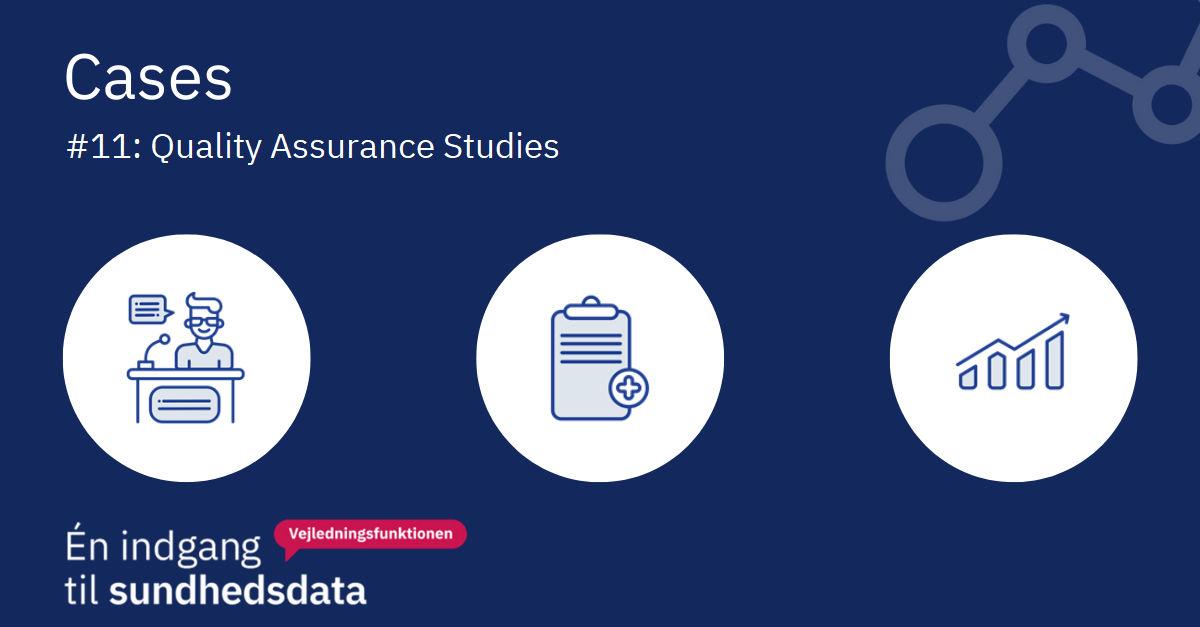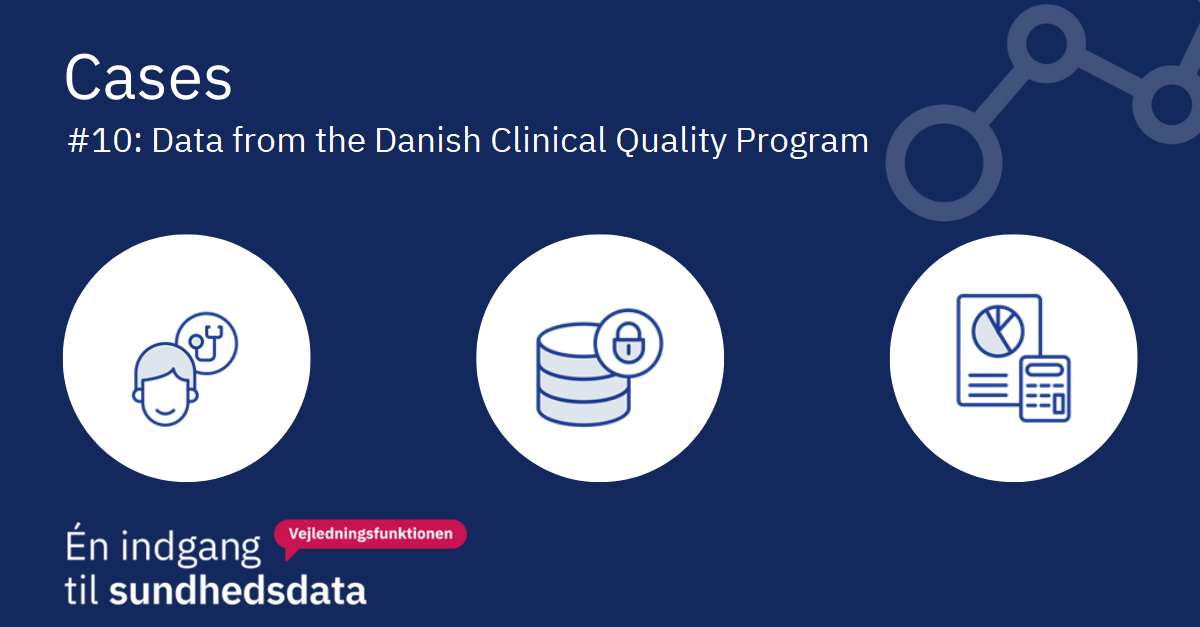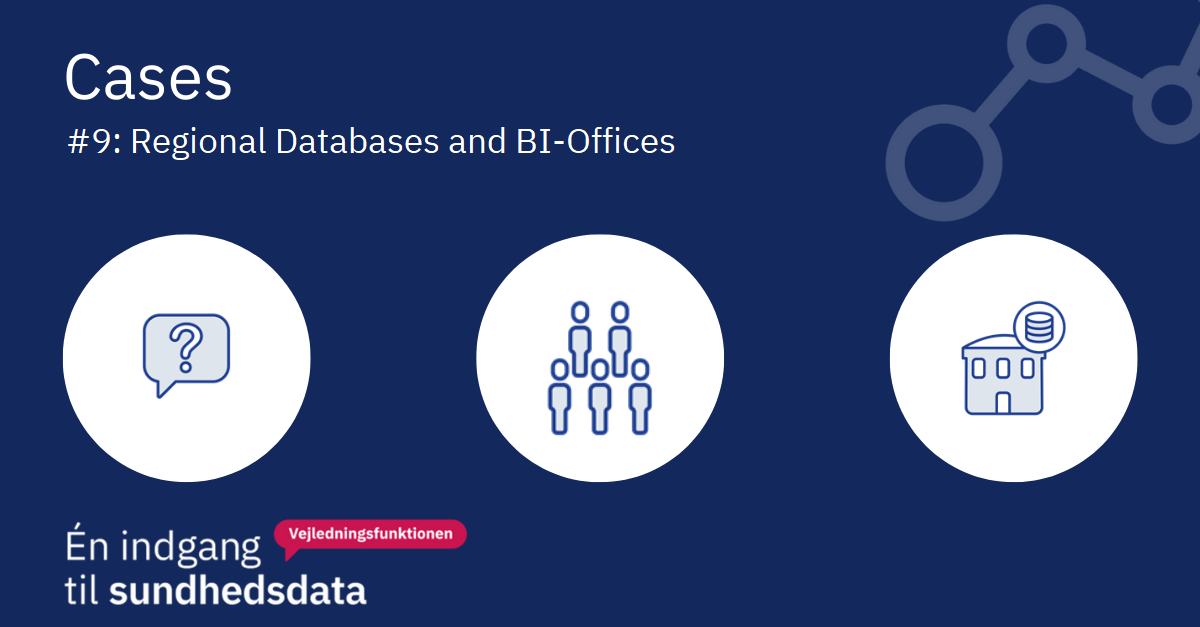
Case 11: Quality Assurance Studies
Case 11: Quality Assurance Studies Cases are examples of questions and inquiries we receive in the Guidance Function, which we would like to share for inspiration. A researcher contacted the Guidance Function with a question about how to define a quality assurance study. In Denmark, quality assurance studies are not mandatory to report to the National Committee on Health Research Ethics. It is the managing directors in your place of employment who approves quality assurance studies. Quality assurance studies are not mandatory to report to the National Committee on Health Research Ethics. If you are requesting disclosure of information related to patient records, you must contact the management of the department that is in possession of the patient records, instead of the Regional Council. A characteristic of quality assurance studies is that the studies do not create new knowledge but rather investigate a treatment range or a specific product. Generally, four parameters can be used to assess if a project is classified as a quality assurance study: Aim of the study: The aim of a quality assurance study is often to ensure or improve quality in treatment, methods of working etc. regionally. The aim is often related to the operations of a department, e.g. investigation of treatment results for a specific patient group. Method: Quality assurance studies are often without a specific hypothesis and can be explorative. Target audience for results: The target group is typically local management or employees. Presentation of results can be an internal report or a publication in a quality assurance journal. Economy: Quality assurance studies are often funded internally by the local organisation. The four parameters above are indicative and each of the five Danish regions have their own definition of what a quality assurance study is. We therefore recommend that you contact the legal department in the region of your employment, if you find yourself in a situation of uncertainty. In this case, we helped the researcher with information about the differences between a quality assurance study and a research project as well as forwarded contact information for the legal department of the specific region the researcher was employed. Please feel free to contact the Guidance Function if you need guidance in your research project. Our services are free of charge. The Guidance Function offer first-level support for Danish and international researchers in need of help to navigate the requirements and processes surrounding research projects. Call us on tel. +45 2494 7969 Monday – Thursday 09:00-16:00 Friday 09:00-15:00 Or send us an email by clicking info@vejledningsfunktionen.dk or visit our LinkedIn page.




